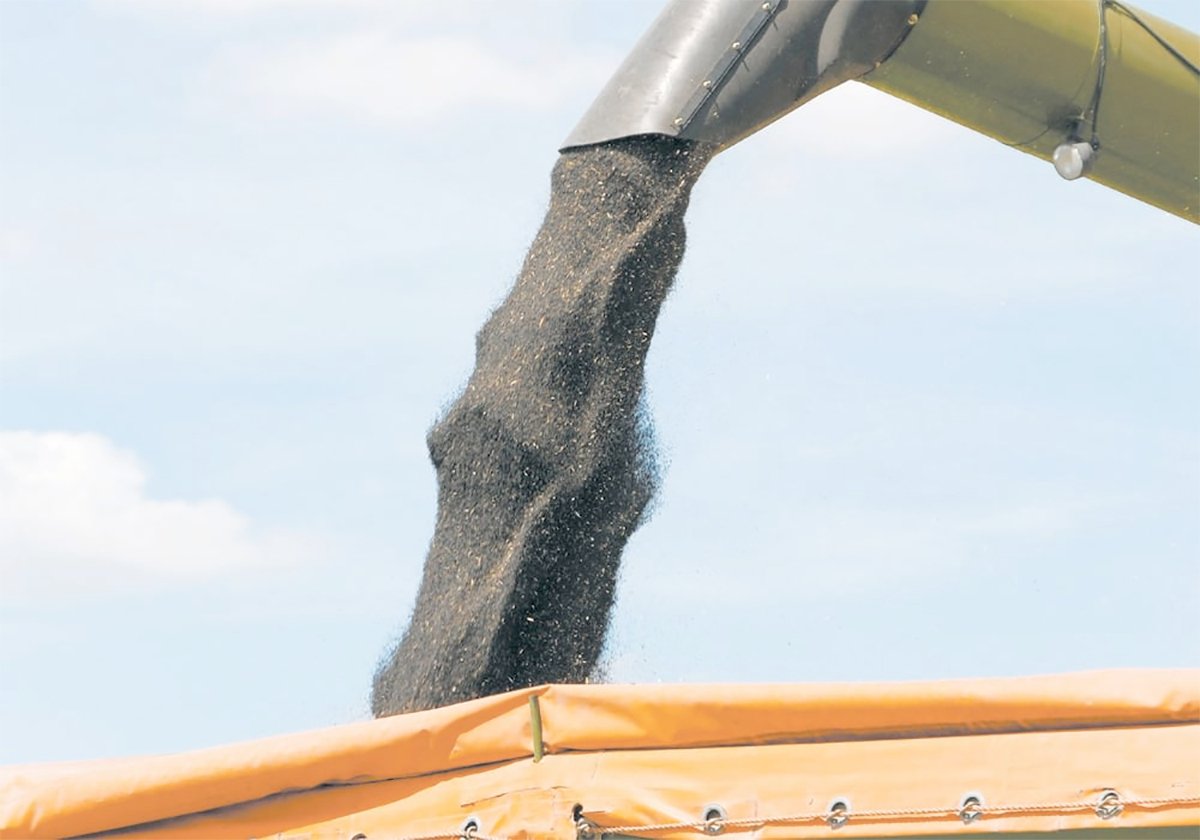Once upon a time — well, not so long ago actually — butter-coloured margarine was contraband in Eastern Canada.
When Newfoundland negotiated its way into Canada in 1949, a key clause was that it be able to continue creating butter-coloured margarine.
The province had a small dairy industry and only the rich could afford to import butter. In the rest of Canada, the dairy lobby had convinced governments that butter-coloured margarine should be banned.
Newfoundland would not become the 10th province without a margarine exemption.
“It was a big question,” Jack Pickersgill, chief negotiator of Newfoundland’s entry into Canada, once said.
Read Also

Determining tariff compensation will be difficult but necessary
Prime minister Mark Carney says his government will support canola farmers, yet estimating the loss and paying compensation in an equitable fashion will be no easy task, but it can be done.
“There would have been no union unless they were given a sort of distinct society on margarine.”
Of course, with one province able to produce oil-based dairy substitutes, there were illegal importers and nefarious ways to get oil-based products into dairy monopoly country.
There were stories of margarine in hub caps and … well, we all know how smuggled goods pass through customs.
Fast-forward to 2014. While not as draconian, those forms of dairy-protectionist policies still exist.
Last week, Saskatchewan and other western oilseed-producing provinces were at a federal-provincial trade tribunal in Quebec City arguing that Quebec’s ban on dairy-vegetable mixes are illegal.
Several years ago, it won the case against Ontario rules restricting “dairy substitutes.”
“I expect we will win this as well, but it remains a barrier,” said Vegetable Oil Industry of Canada president Sean McPhee.
“It really is a throwback to a time when the dairy industry was much more powerful.”
If the Quebec barriers fall, then only New Brunswick will retain rules against “dairy substitutes.”
Back in the day — the 1960s actually — margarine was sold as a block of white lard with a yellow bulb that could be worked into the lard to make it look like butter.
Since then, there have been up-grades, improvements and health studies on the benefits of vegetable oil products.
“There really are some outliers on this issue,” said McPhee.
“The health evidence is in. The issue really is the dairy lobby and its political power.”
Presumably, the judgment from the trade tribunal, promised by the end of March, will support consumer choice.
In fact, the Quebec argument last week was less about defence of the dairy industry and more about labelling and consumer choice.
Really though, it is about one of the last redoubts in defence of ultimate dairy protectionism.
Liberal and Conservatives governments have been resolute in defending the dairy industry from international challenge.
Defending a province from the threat of dairy products mixed with healthy oil is another issue.
“This really is about protecting the protected,” said McPhee. “If we are to compete internationally, we need to have a national market.”
He said the Quebec market is not a significant new market for oilseed producers.
“But we need to show the world that we have a national market if we want access to theirs.”
That sounds reasonable.














